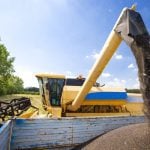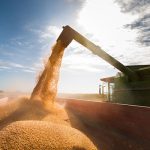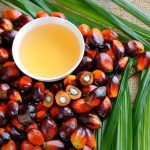Combining in Manitoba advanced 12 points at 85 per cent complete for the week ended Oct. 7. While some crops made great amounts of progress, others did not. The largest gains were made in the province's soybean and flax harvests as they are up 41 points apiece at 70 and 61 per cent finished respectively.













